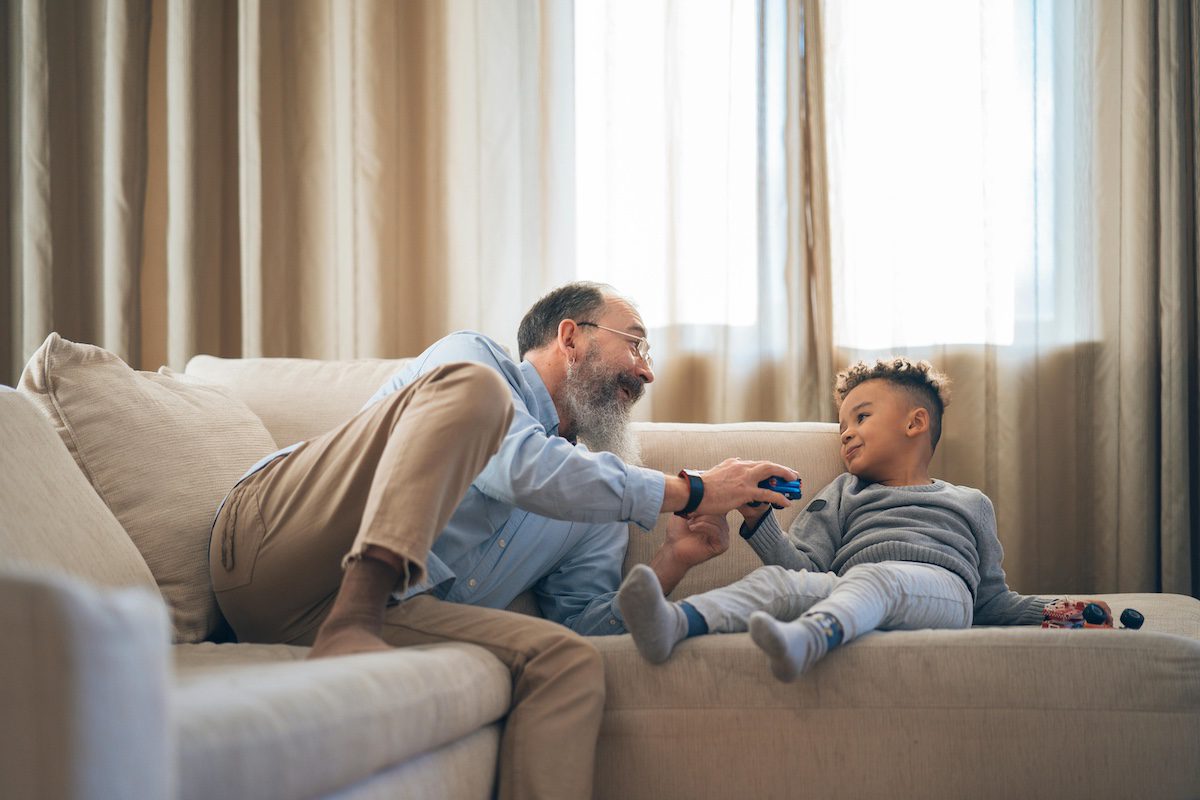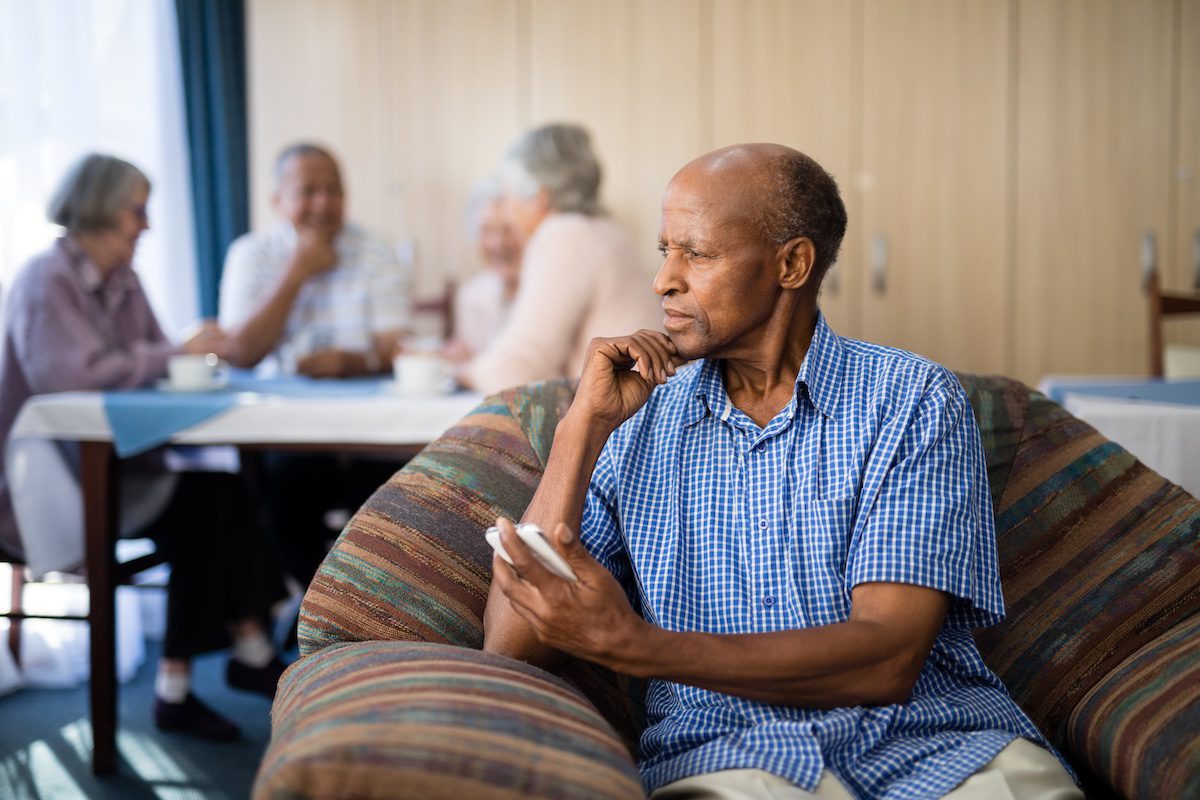Social isolation is a pressing issue affecting many seniors today, with profound implications for both their physical and mental health.
As people age, they may experience a range of life changes such as retirement, loss of friends or family members, decreased mobility, and health issues that can contribute to feelings of loneliness.
Understanding the impact of social isolation and exploring strategies to combat it is crucial for improving the overall well-being of seniors.
The Impact of Social Isolation on Senior Health
Social isolation among seniors can lead to a myriad of health problems, both mental and physical. Research has shown that loneliness and social disconnection can be as detrimental to health as smoking or obesity. Here are some key areas where social isolation affects senior health:
1. Mental Health
Isolation often leads to mental health issues such as depression and anxiety. Without regular social interactions, seniors may feel a lack of purpose or joy, which can exacerbate feelings of sadness and hopelessness.
Social interaction provides emotional support and mental stimulation, both of which are crucial for maintaining mental health. Engaging in meaningful conversations and activities with others can uplift mood, improve cognitive function, and foster a sense of belonging and well-being.
2. Physical Health
Loneliness can also have a direct impact on physical health. Studies have linked social isolation to higher rates of chronic conditions such as hypertension, heart disease, and diabetes.
The stress associated with loneliness can contribute to inflammation and weakened immune responses, making seniors more susceptible to illnesses. Engaging in social activities and maintaining connections with loved ones can help mitigate these risks and promote overall well-being.
3. Cognitive Decline
Social engagement has been shown to help maintain cognitive function in older adults. Isolation can accelerate cognitive decline and increase the risk of developing dementia and other cognitive disorders.
Regular social interactions stimulate the brain and can help preserve cognitive abilities by keeping the mind active and engaged.
4. Decreased Physical Activity
Socially isolated seniors may be less likely to engage in physical activities. Social interaction often encourages physical movement, whether through participating in group activities or simply going out for social events.
Reduced physical activity can lead to physical deconditioning, muscle weakness, and falls, further impacting overall health.
Strategies to Combat Social Isolation
Combating social isolation requires a multifaceted approach that includes enhancing social connections, encouraging participation in community activities, and leveraging technology. Here are some effective strategies:
1. Encourage Social Engagement
Encouraging seniors to participate in social activities is one of the most direct ways to combat isolation. This could include joining clubs, attending community events, or participating in group hobbies.
For example, local community centers often offer classes and activities tailored to seniors, such as art classes, exercise groups, or discussion clubs.
2. Utilize Technology
Technology can play a significant role in reducing social isolation. Video calling platforms such as Zoom or Skype allow seniors to stay connected with family and friends despite physical distance.
Online communities and social media can also provide avenues for social interaction and engagement. It’s important to provide seniors with the necessary training and support to use these tools effectively.
3. Foster Family and Friend Connections
Maintaining strong connections with family and friends is essential. Encourage regular visits, phone calls, and letters to keep the lines of communication open.
Family members can help by scheduling regular check-ins and visits to ensure that seniors remain connected and engaged with their loved ones.
4. Volunteer and Community Involvement
Volunteering can provide seniors with a sense of purpose and community. Engaging in volunteer work allows seniors to contribute to causes they care about while interacting with others. Many organizations have opportunities specifically designed for older adults, which can help seniors stay active and involved.
5. Support Groups and Counseling
Support groups and counseling services can be beneficial for seniors experiencing feelings of loneliness or depression. These groups provide a space for individuals to share their experiences and receive support from others in similar situations.
Professional counselors can also offer strategies to manage loneliness and improve emotional well-being.
6. Encourage Physical Activity
Physical activity not only improves physical health but also provides opportunities for social interaction. Encourage seniors to participate in exercise classes, walking groups, or other fitness activities. Many senior centers offer group exercise classes designed to be both beneficial and socially engaging.
7. Create Safe and Welcoming Environments
Ensuring that senior living environments are welcoming and conducive to social interaction can help reduce feelings of isolation. For those in assisted living or nursing homes, communal spaces and organized social activities can encourage residents to engage with one another.
For seniors living independently, creating a welcoming and accessible home environment can make it easier for them to host visitors and participate in community events.
8. Personal Interests and Hobbies
Encourage seniors to pursue personal interests and hobbies that can be done alone or in a group setting. Hobbies such as gardening, painting, or knitting can be fulfilling and provide opportunities to connect with others who share similar interests.
9. Address Mobility and Transportation Issues
For seniors with mobility or transportation challenges, access to transportation services can be critical. Many communities offer senior transportation services or ride-sharing options to help seniors get to appointments, social events, and other activities.
10. Regular Health Check-Ins
Regular health check-ins with healthcare providers can help identify any issues related to social isolation and provide referrals to appropriate resources. Healthcare providers can also offer advice on managing health conditions that may affect social interactions.
Final Thoughts
Social isolation is a significant concern for many seniors, with profound implications for both mental and physical health. By understanding the impact of isolation and implementing effective strategies to promote social engagement, seniors can improve their quality of life and overall well-being.
Encouraging social interaction, leveraging technology, and fostering community involvement are all critical components of combating social isolation and ensuring that seniors lead fulfilling and connected lives. Through these efforts, we can help seniors maintain their health, happiness, and sense of purpose as they age.




